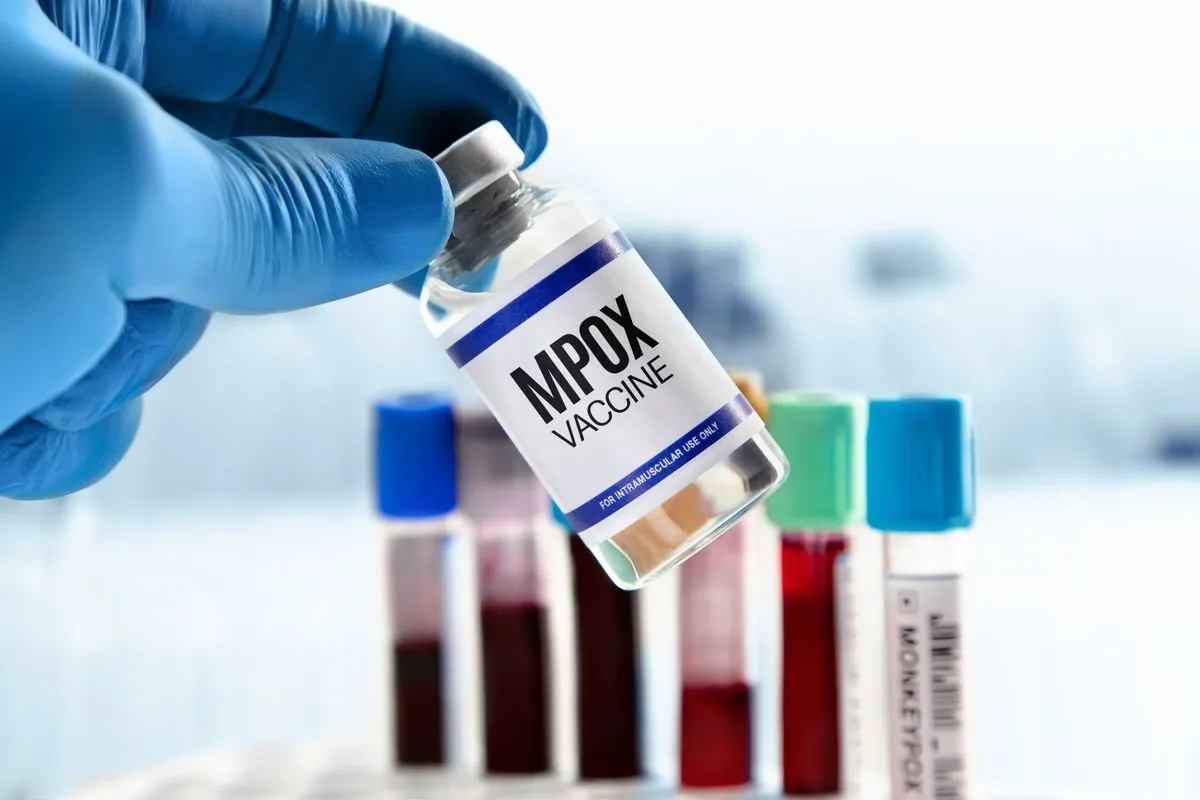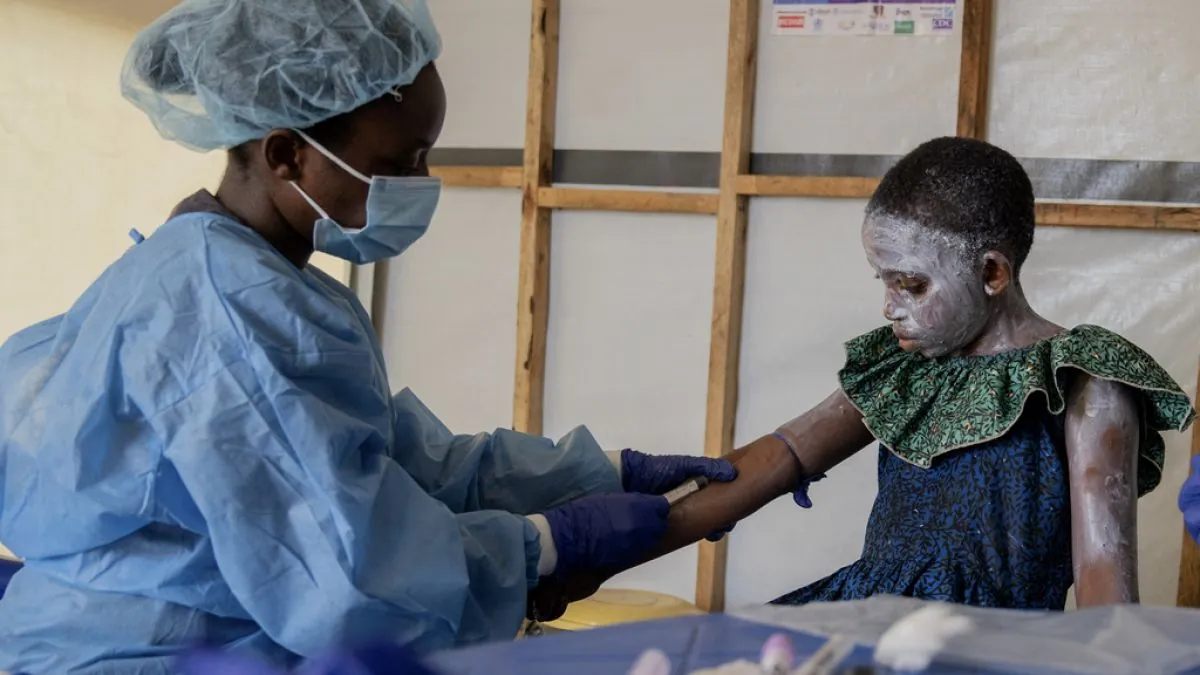EU to Deliver Crucial Mpox Vaccines to Congo Amid Outbreak
The European Union is set to provide 100,000 mpox vaccines to the Democratic Republic of Congo, addressing a critical shortage. This marks a significant step in combating the outbreak in Africa.

The Democratic Republic of Congo is poised to receive a crucial shipment of mpox vaccines from the European Union, marking a significant development in the fight against the viral outbreak. The initial delivery of 100,000 doses is scheduled for September 7, 2024, with an additional batch expected shortly after.
This vaccine distribution represents a pivotal moment in addressing the mpox crisis in Africa, particularly in Congo, which has been grappling with a severe vaccine shortage. The World Health Organization declared a global public health emergency in August 2024 due to the outbreak, highlighting the urgent need for containment efforts.

The vaccines, manufactured by Bavarian Nordic, the sole company with an approved mpox vaccine, are being donated by the EU as part of its commitment to tackle the health crisis. This initiative aligns with the EU's history of involvement in global health initiatives and its mechanism for coordinating assistance in disasters, known as the EU Civil Protection Mechanism.
The European Commission, the EU's executive branch, has pledged a total of 215,000 vaccine doses to affected African countries. Additionally, at least eight EU member states have committed to donating 351,500 doses, bringing the total number of vaccine doses to a minimum of 566,500.
"This collaborative effort demonstrates the EU's commitment to global health security and our solidarity with those facing health crises."
It's worth noting that Congo, the second-largest country in Africa by area, has been endemic for mpox since its discovery in 1970. The country has faced multiple health challenges in the past, including Ebola outbreaks, making this vaccine delivery particularly crucial.
Looking ahead, the EU plans to further support affected African countries by strengthening health systems, securing pharmaceutical supply chains, and developing local manufacturing capabilities. A grant of 9.4 million euros (approximately 10.4 million dollars) is also planned to expand access to diagnostics and sequencing by early autumn 2024.
This comprehensive approach recognizes the importance of not only vaccine distribution but also improving overall health infrastructure. Sequencing, for instance, is crucial for tracking virus mutations and spread, while local pharmaceutical manufacturing can enhance access to medicines in developing countries.
As the global community continues to grapple with various health challenges, this initiative by the EU serves as a reminder of the importance of international cooperation in addressing public health crises.


































